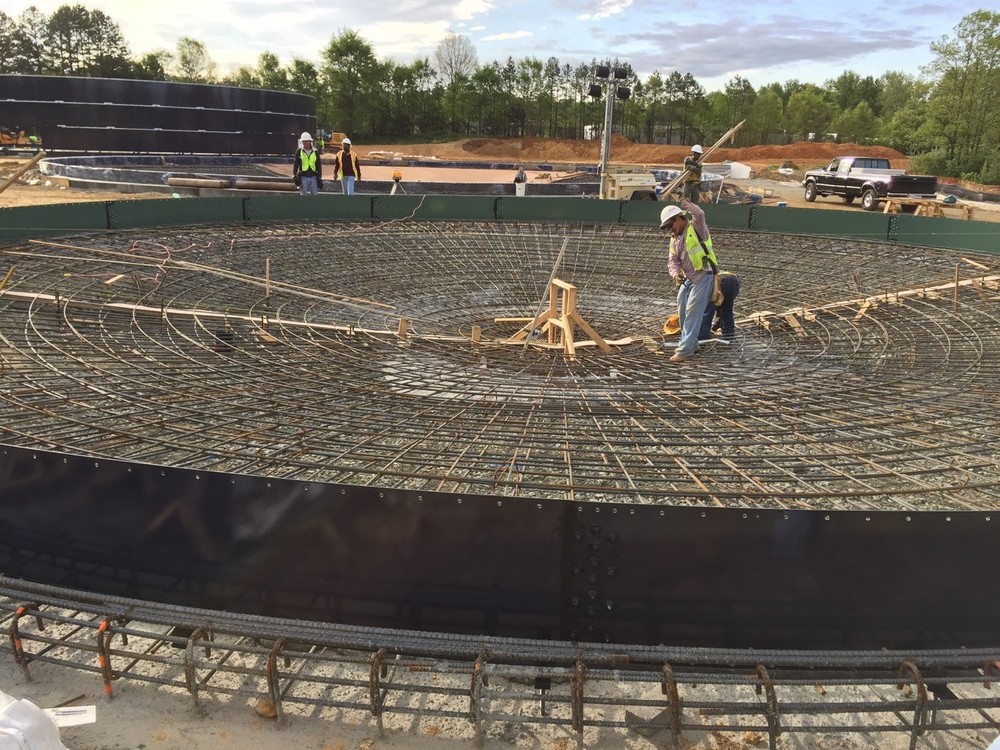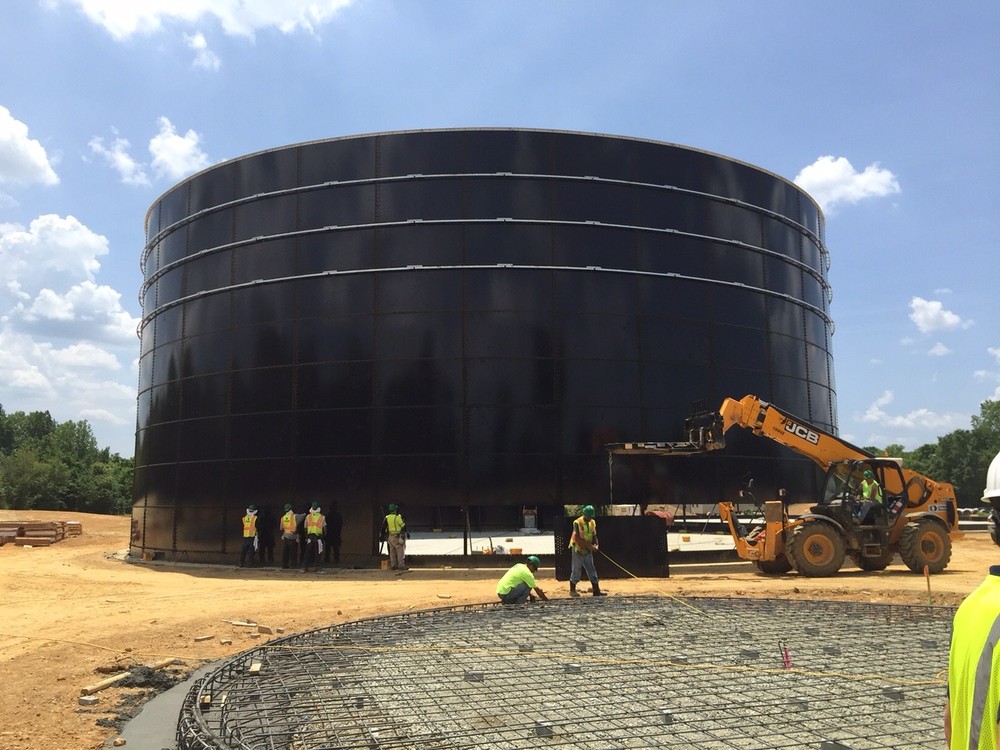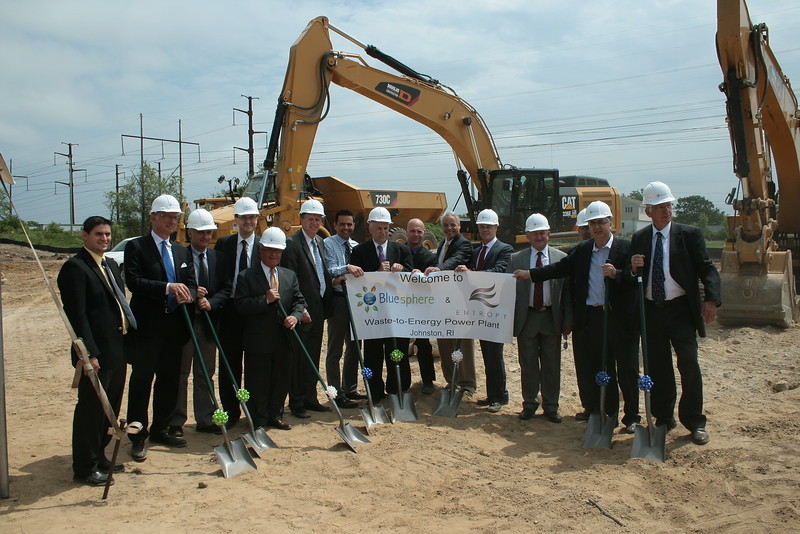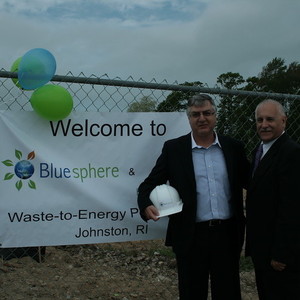Bluesphere breaks ground on 3.2 MW biogas plant in Rhode Island













Jennifer Rolfsema, CreativeChica
June 3, 2015
BY Katie Fletcher
On May 28, Bluesphere Corp. held a groundbreaking ceremony for its 3.2-MW waste-to-energy (WTE) project in Johnston, Rhode Island. Once operational, the facility will sell the electricity it generates from food waste to the national grid.
This project marks Bluesphere’s second project underway in the U.S. In March, the company announced its 5.2-MW WTE facility in Charlotte, North Carolina, broke ground. “We worked very hard on these two projects to make them happen—three years now,” said Shlomi Palas, Bluesphere CEO. “We closed the first one in Charlotte, but with the closing of this second one we were able to send a message to the market and industry that we mean to stay here and we mean to develop more projects. Our pipeline is full of projects that we are developing in the states now.”
The last milestone hit before the company could move forward with construction was the site agreement. In Charlotte, Bluesphere purchased the project’s land, however, for the Johnston project the company is leasing the site’s land through a long-term agreement with a private land owner.
Advertisement
Bluesphere has also signed two feedstock supply contracts for enough food waste to satisfy the 250-ton-per-day capacity of the facility. One was signed with the waste hauler EL Harvey and Sons, and the other with an organic waste company.
Austep is the project’s EPC and is the entity providing the digester technology. Bluesphere has also made arrangements for the inclusion of two Orbit Energy Inc. high-solid anaerobic digester (AD) units to work in parallel with Austep’s, subject to the fulfillment of certain conditions. The amount of electricity produced from the AD units will be enough to provide power to approximately 3,000 households.
The funding partner on the project is with an affiliate of York Capital Management under the management of Entropy Investment Management. Other companies involved with the project include the locally based engineering firm DiPrete Engineering, which led the state and local permitting for the project. Sage Environmental worked alongside DiPrete to secure air and wastewater permits for the facility.
Advertisement
According to Bluesphere, this project is unique to Rhode Island and took time to navigate through regulatory challenges at both the state and local levels. Palas believes the Northeast, especially the area of New England, is the best place to construct WTE projects. “You have the support from the government,” Palas said. “They have regulations that actually make the organic waste producer deliver food waste to our anaerobic digesting facility. The environment around the project is very friendly from a government point of few, which is crucial for projects like ours.”
Both of Bluesphere’s current WTE facilities, the one in Johnston and Charlotte, are anticipated to be completed by quarter four of 2015.
Upcoming Events





